Blogs
Enhancing the Abilities of Healthcare SectorServices
Solutions
Services
Solutions

As the U.S. healthcare panorama shifts from a fee-for-service model to a value-based caregiving approach, many clinical processes have adapted...

Telehealth technology with optimized workflow mapping can streamline health information exchanges. Therefore, the importance of workflow in healthcare for targeted...
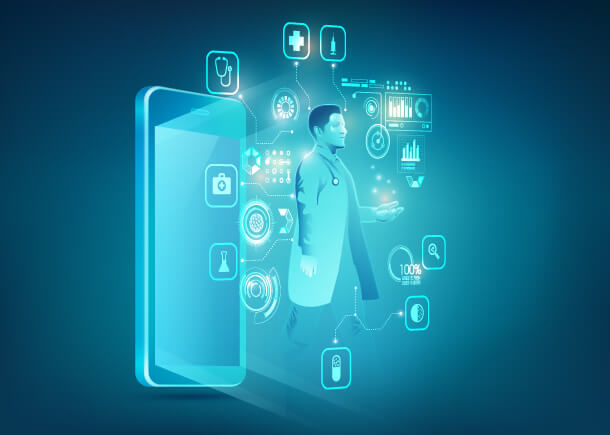
Telemedicine platforms are well understood to offer significant advantages to patient-centered care, from patient information management to decreased hospital readmissions.
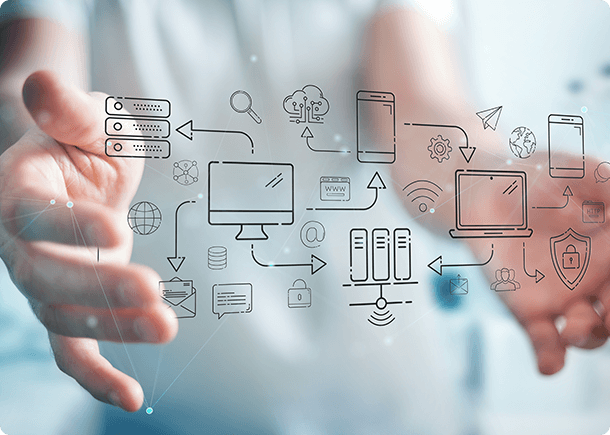
For decades now, healthcare organizations have been struggling with the cumbersome processes involved in medical billing and practice management. Medical...

While the pandemic rages through the world with unrelenting speed, healthcare organizations are looking to establish protocols that are aimed...

Electronic Health Records or EHR means a digital version of maintaining patients’. The EHR system provides a broad view of...
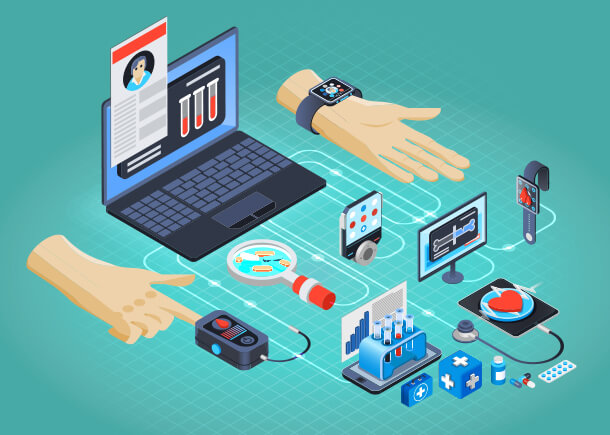
The ability to electronically share health records easily is referred to as EHR interoperability. In simple terms, it means secure...

Electronic health records (EHRs) present patients’ structured data repository digitally. You must be wondering what is an integrated health system?...
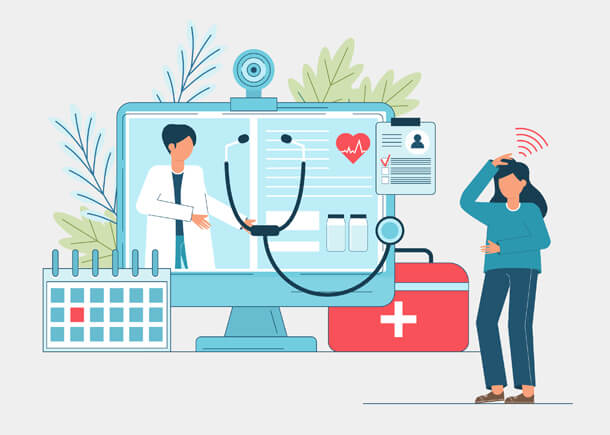
Telemedicine is a platform that enables you to communicate online with a doctor. You may have a doctor's appointment by...
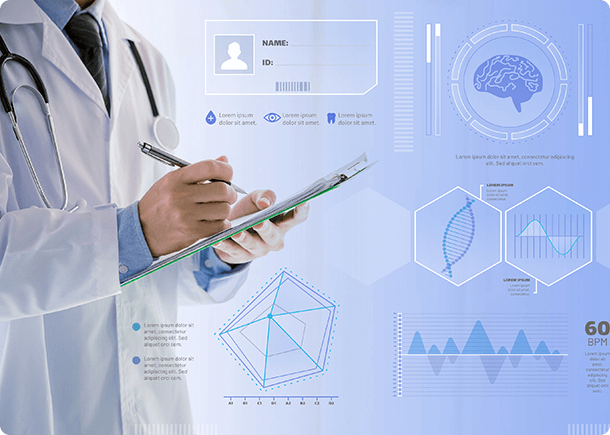
Clinical Data integration collects information from different healthcare sources into a single format. It uses components such as healthcare data...
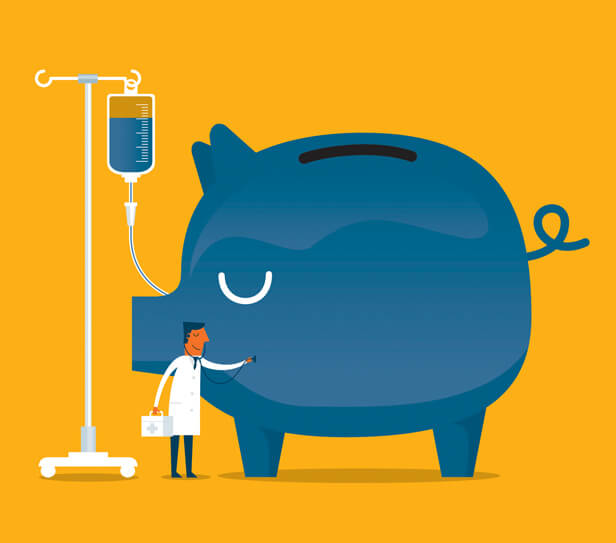
In the current healthcare panorama, providers are expected to shift from volume-centric caregiving to the value based reimbursement model. This...
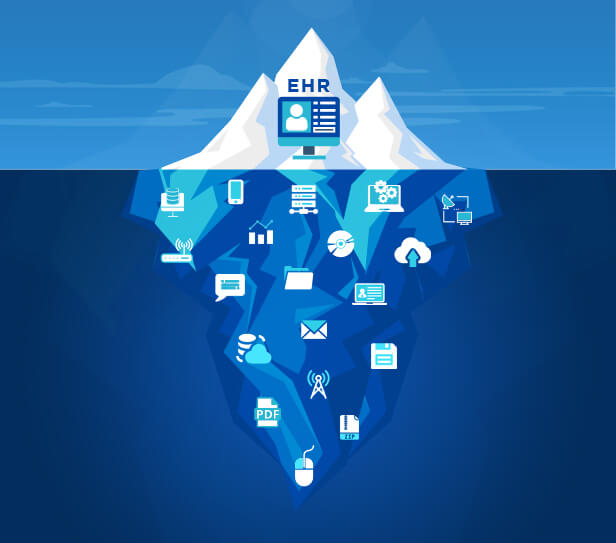
In hospitals and other healthcare environments, after a physician has hired the best staff, the next concern is to ensure...

Fortune business insights have suggested that by 2026, the telehealthcare market demand will hit USD 185.6 billion.
Subscribe to our insights today.